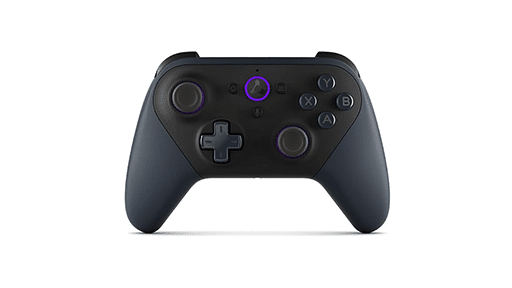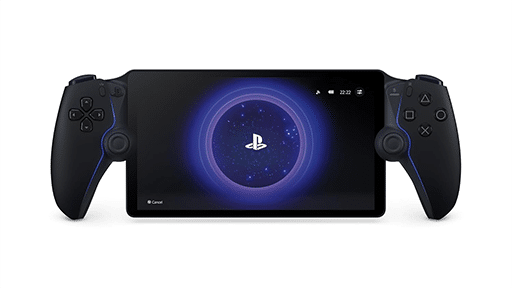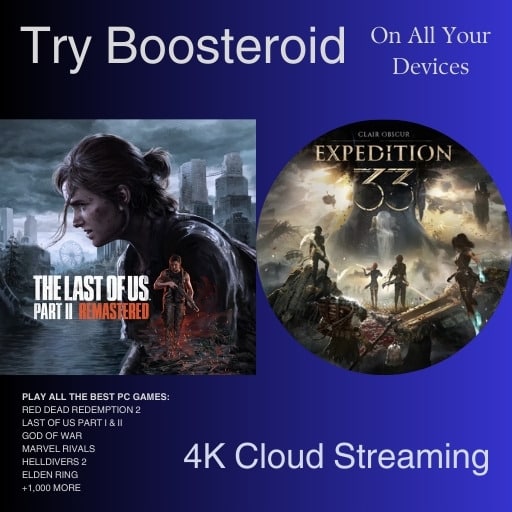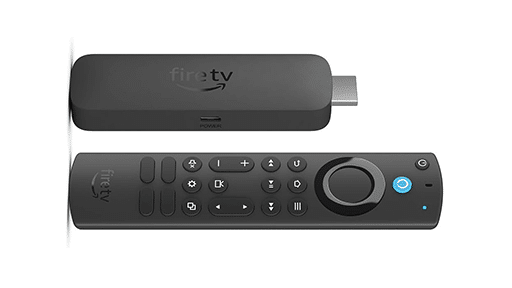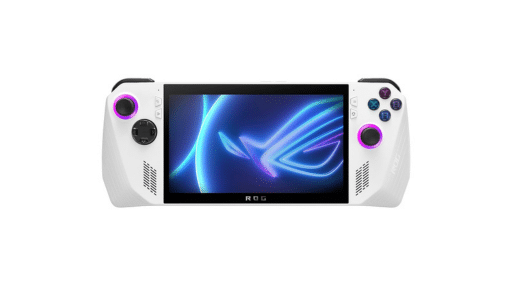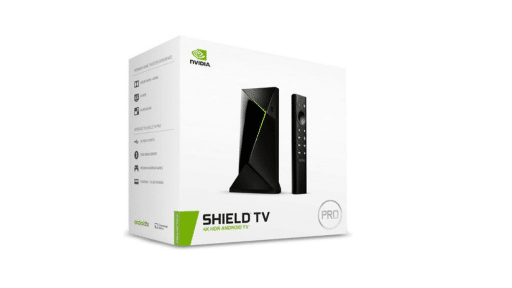
Vulkan, now on its 1.3 release, represents a hugely important innovation for gaming. It is a performant, open and cross-platform graphics standard that can, in principle, run anywhere and everywhere – unlike Microsoft’s “DirectX” and Apple’s “Metal” graphics APIs which attempt to lock games into their specific endpoints. Vulkan, like OpenGL before it, is managed by the Khronos Group with an open standards body that any organization is welcome to join.
Games made on top of Vulkan can run on Linux (computers and phones), various Unix OSes (including those like BSD used by Nintendo Switch and other consoles), Windows, Android as well as even MacOS and iOS via MoltenVK.
There are a couple of ways Vulkan can be used to bring games to these supported platforms. One of those ways is something we’ve covered frequently – which is to translate DirectX games to Vulkan at either build or run time. This is the way WINE (including Valve’s WINE fork Proton) has gotten lots and lots of Windows games to run on Linux. This is a particularly valuable path for older games built on legacy game engines.
The other way Vulkan can be used to bring games to its supported platforms is by including Vulkan support directly in game engines. This is becoming more and more common. The two most popular game engines (Unity and Unreal) already have Vulkan support and many big studios are also now supporting Vulkan in their in-house engines going forward.
Vulkan Games on Stadia
Importantly for everyone, Stadia has been helping drive Vulkan adoption! If you look at the list of games that use Vulkan natively, as presented by the the Vulkan team itself, 270 of the of the 407 listed games run on Stadia! That is significantly more than half (though it is a little unclear how complete this list is). The entire gaming industry is better off because of Stadia and their partners paving the way here. It is never good to rely on one entity who fully controls a proprietary set of APIs.
Interestingly, one of the games not mentioned on the list is Cyberpunk 2077, which famously partnered with Microsoft around DirectX, and we suspect ended up on Stadia using the likes of DXVK, VKD3D and other WINE related tools.
As a long time Linux gamer (as well as Stadia enthusiast), it’s interesting to note that some of the Stadia Vulkan games have Linux (desktop) ports as well, but it’s far from all of them! Some of these have other Linux solutions – previous OpenGL Linux ports and others are known to work well via WINE. But, I certainly wouldn’t mind these developers double dipping and releasing their Vulkan ports via GOG/Steam/Humble etc. on Linux, too. One thing the Stadia community is very good at is making noise and asking developers for games – it works to a surprising degree. Requests from gamers who want to see these Vulkan ports on desktop Linux couldn’t hurt.
Other Vulkan Games
Also of interest are all the games that use Vulkan that are not yet on Stadia. There are a bit too many to list here, but these are some of the highlights:
- Crysis Remastered
- Crysis 2 Remastered
- Crysis 3 Remastered
- Dota 2
- Genshin Impact
- Hades
- Hyper Scape
- Mad Max
- Middle-earth: Shadow of Mordor
- No Man’s Sky
- Quake 2021
- Quake II RTX
- Serious Sam Fusion 2017
- Serious Sam: Siberian Mayhem
- The Talos Principle
- Total War (Thrones of Britannia, Rome Remastered, Three Kingdoms, Warhammer 2)
- Valheim
- Vendetta Online
- Wolfenstein: Cyberpilot
- Wolfenstein II: The New Colossus
While it’s not totally trivial to bring these games to a new platform, their use of Vulkan makes them tremendously more portable. I certainly wouldn’t say no to any of these games arriving on Stadia.
While Stadia will no doubt benefit from the open-source stack on which it is built, it is important to also recognize how these critically important underlying tools are benefiting from Stadia as well! I’d encourage my fellow Linux gamers to take note. Stadia is certainly helping drive Vulkan forward.


